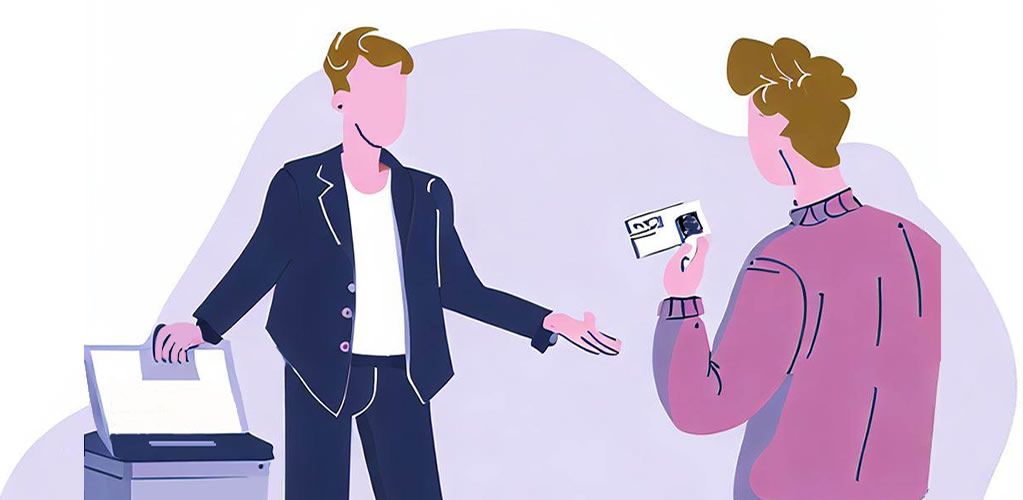The Good Law Project takes on the Government’s ID requirements
The Good Law Project has expressed concern over the new voting rules, which they fear may lead to the disenfranchisement of certain groups, especially young people.

The Good Law Project has expressed concern over the new voting rules, which they fear may lead to the disenfranchisement of certain groups, especially young people.
T he Good Law Project say that the government-approved photo IDs for voting are unsuitable for young people, and up to 3.5 million people lack the necessary ID.
Despite the government’s Equality Impact Assessment, these changes may potentially deprive young people of their right to vote. During previous trials, one thousand people were turned away from polling stations. In response, the Good Law Project said they will monitor the effects of the upcoming local elections and work to bring a case to tackle these rule changes.
The new voting rules are particularly concerning for young people, as they traditionally have lower voter turnout rates. The Good Law Project has warned that these changes may make voting even more challenging for young people. Additionally, the LGBTQIA+ community may also be disenfranchised, with 35% stating they would be unlikely to vote due to the risk of discrimination when showing ID. Moreover, it has been revealed that 70% of young trans people lack representative ID.
CONTINUE READING...
Enjoy unlimited access now.
To get full access to this article,
simply become a member of PUBLIC SQUARE now.
By doing so, you will be supporting
our independent journalism.
MEMBERSHIP OPTIONS:
£3/month ∙ £5/month ∙ £7/month
You can cancel anytime.
BECOME A MEMBER
Already a member? Sign in here!
BENEFITS OF MEMBERSHIP:
✅ Read exclusive member-only articles
✅ Read our daily review of the UK front pages
✅ Receive every new article by email
✅ Access all our articles
✅ Get Special Discounts with our partners
✅ Join the conversation: Comment our articles
✅ Access our archives
✅ More importantly: Support independent journalism and keep the magazine going
Read more

— Your daily roundup of the front pages of the main newspapers and magazines today in the UK... and beyond.

— On his first day, Donald Trump pardoned January 6 rioters, emboldened extremists, and signed a vague economic order, raising deep concerns about his emboldened presidency and unpredictable future actions.

— Donald Trump’s second inaugural speech showcased an authoritarian manifesto, blending messianic self-aggrandisement, disdain for democratic norms, and admiration for dictators, marking a profound shift toward personality-driven, divisive governance.

— Your daily roundup of the front pages of the main newspapers and magazines today in the UK... and beyond.
|
|

